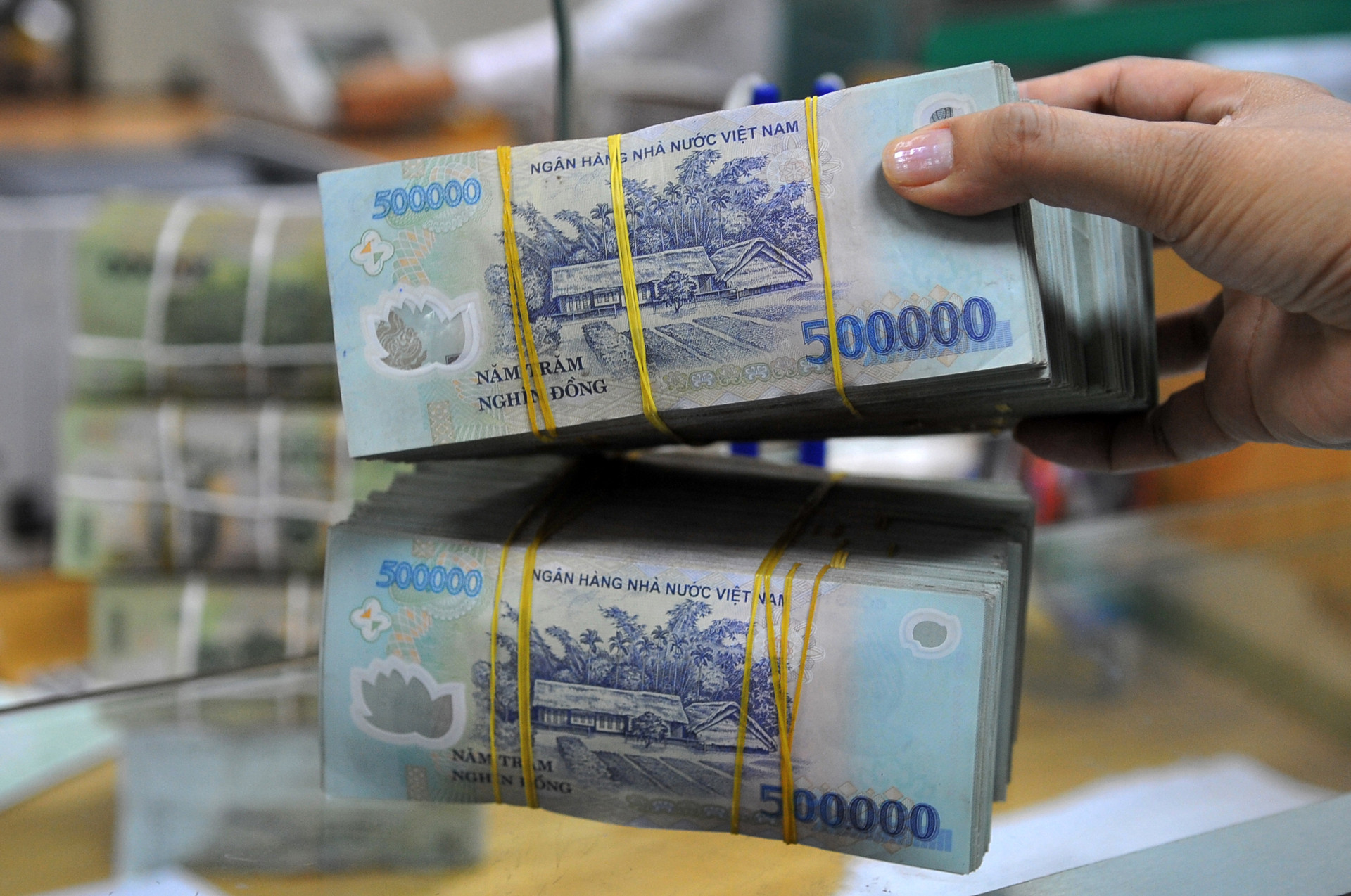
The ministry made the announcement on the evening of February 20, emphasizing that under current law, interest from bank deposits, life insurance policies, and government bonds, as well as retirement pensions, are exempt from PIT.
The tax exemption on savings interest aims to encourage individuals who are not directly investing in business activities to deposit their money in banks. This policy not only supports economic capital mobilization but also serves as a social welfare measure for retirees, disabled individuals, and others who rely on interest income from their savings.
Debate over taxing savings interest
In an earlier draft submitted to the government, the Ministry of Finance suggested reviewing additional taxable income categories. International models, such as those in Thailand, China, and South Korea, where savings interest is subject to tax, were referenced.
The Can Tho City People’s Committee had previously proposed taxing savings interest, sparking strong opposition from the public.
As part of a broader tax reform initiative, the Ministry of Finance has been conducting a comprehensive review of the PIT law, ensuring alignment with Vietnam’s economic conditions and international practices. This review is part of its mandate to prepare a revised tax policy framework for submission to the National Assembly.
On February 12, the Ministry of Justice conducted a preliminary assessment of the proposed tax law amendments. Once the Ministry of Finance incorporates feedback, the final proposal will be submitted to the government for review before being presented to the National Assembly.
Potential reforms in personal income tax
The proposed tax law revision will focus on seven key policy areas aimed at reducing tax burdens and ensuring fair taxation. Some expected reforms include:
Raising the family-based tax deduction to reflect changes in living standards, inflation, and macroeconomic conditions.
Expanding tax deductions for charitable and humanitarian contributions, as well as healthcare and education-related expenses.
Adjusting tax brackets and rates to better align with income levels and economic realities.
Introducing new tax exemptions and reductions to attract high-quality talent and support key economic sectors.
Expert opinions on taxing savings interest
Le Thi Thuy, CEO of Bach Khoa Consulting Services, believes taxing savings interest at this time would be inappropriate, given Vietnam’s economic conditions and financial policies.
She explained that most Vietnamese deposit their money in banks due to a lack of better investment options. If savings interest were taxed, many might withdraw their deposits, disrupting financial flows and complicating monetary policy management.
"A sudden withdrawal of savings could push people into riskier investments. Poorly thought-out investment decisions could lead to losses, which in turn could negatively impact the economy," she noted.
In many developed countries, savings are considered an investment and taxed accordingly. However, in Vietnam, savings deposits are primarily a way to preserve capital and offset inflation, rather than a high-return investment.
If Vietnam were to introduce a tax on savings interest in the future, Thuy suggested it should apply only to deposits exceeding 1 billion VND ($40,000). Given an average interest rate of 5% per year, a 1-billion-VND deposit would generate around 50 million VND ($2,000) annually, which is roughly equivalent to the current family-based tax deduction for dependents.
Binh Minh